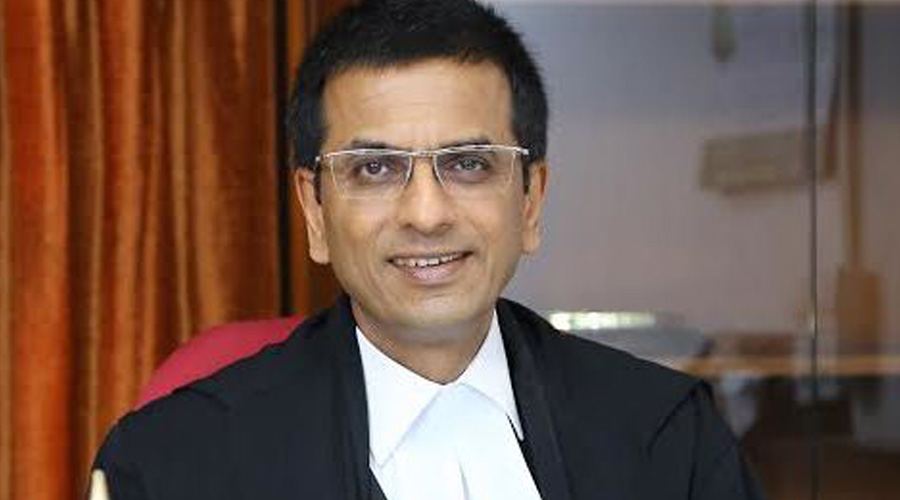The dominant community comprises men, upper-caste and able-bodied persons. The insight informing this statement reportedly made by the Chief Justice of India, D.Y. Chandrachud, in a recent lecture, exposed an overwhelming bias in today’s India, which should have been overcome years ago had the values of the Constitution been inculcated into everyday existence. This limited group wields the greatest social power. The CJI described the ‘morality’ of this dominant community as ‘adequate morality’, discussing how this or ‘public morality’ stood in for the morality of all. In spite of India being a democracy, the majority vote in Parliament tended to contain the same dominant values, thus injecting them into the laws. Laws were also often interpreted and implemented according to these views, thus undermining the constitutional dream of equality.
One of the most telling points in the speech was the description of adequate morality being used to weaponise the law. This situation has become familiar in contemporary India for at least eight years although it was not entirely absent earlier. Instead of protecting individual liberties, the law can be used — and often is — to repress constitutionally granted rights in the name of protecting morality. The formulation of laws in Uttar Pradesh and Karnataka against conversion for the sake of marriage, for example, is an outstanding example of law becoming a tool to limit the individual choice of partner while reflecting the dominant biases for and against certain groups. The CJI’s speech pointed to an inner, invisible erosion of the constitutional vision of equality which is far more dangerous than any obvious violation. Unceasing vigilance on the part of the judiciary, seen as the guardians of liberties by the CJI, is needed to foil the incursion of dominant social attitudes. The CJI mentioned the need to counter the values of power by shifting to the value system enshrined in the Constitution. This made courts the defenders of the individual’s rights, even if that meant that the Supreme Court did not look into constitutional cases alone, but cases concerning individual rights as well. The Union law minister had recently deplored the Supreme Court’s practice of looking into non-constitutional cases — presumably because of pendency. The CJI said that no case was too small for it. Could the minister’s concern be a result of dominant morality too?











